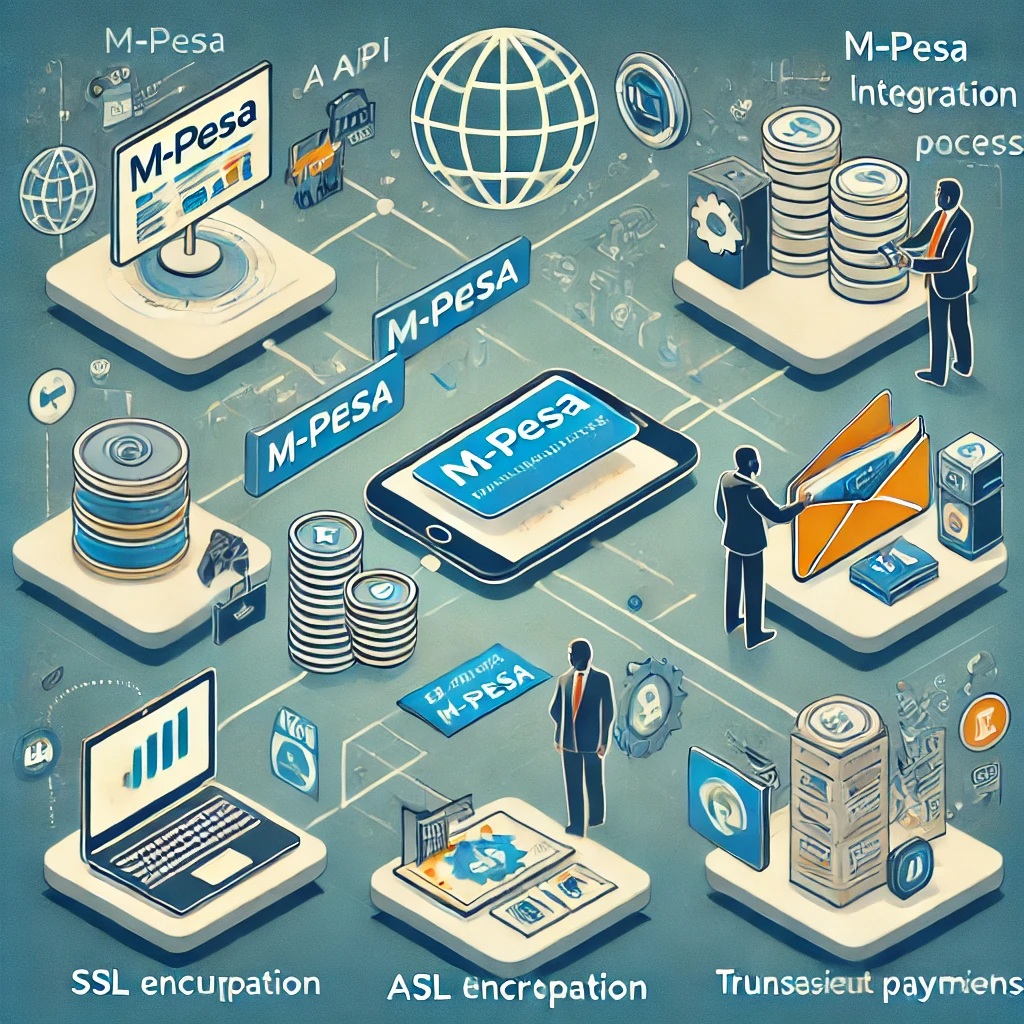No products in the cart.
10 interesting Facts You Should Know About Kenyan Tech
Kenya’s technology industry has experienced significant growth in recent years, making it one of the fastest-growing tech industries in Africa. The total value of Kenya’s tech industry was estimated to be $1 billion in 2019. The industry encompasses a wide range of areas, including software development, e-commerce, hardware manufacturing, and artificial intelligence.
10 interesting Facts You Should Know About Kenyan Tech
The tech industry in Kenya has experienced rapid growth and development in recent years, fueled by factors such as a large and youthful population, high mobile phone penetration, and government initiatives to promote innovation and entrepreneurship. As a result, Kenya has become a hotbed of innovation and a hub for tech startups, with many companies producing cutting-edge solutions that are making a significant impact both in Kenya and globally.
This article will explore ten interesting facts about Kenyan tech, starting with an overview of the tech industry in the country. We will then delve into topics such as mobile phone penetration, government initiatives to promote tech development, the growth of the tech industry in Nairobi, Kenya’s biggest successes in tech, and its impact on the global tech sector. Through these discussions, we will see how Kenya has emerged as a key player in the tech world and how it is poised for continued growth and innovation in the years to come.
Overview of Tech in Kenya
One of the factors that have contributed to the growth of Kenya’s tech industry is the country’s large and youthful population. Over 60% of Kenyans are under the age of 25, which has led to a high demand for technology products and services. Additionally, the country’s relatively stable political environment has created an environment conducive to innovation and entrepreneurship.
One notable Kenyan tech startup that has made a significant impact is Twiga Foods. Twiga Foods is a mobile-based platform that connects smallholder farmers with retailers, allowing them to sell their produce directly to retailers without the need for intermediaries. The platform has helped to increase farmers’ income while reducing food wastage, and it has attracted investment from both local and international investors.
Kenyan Mobile Phone Penetration
Kenya has one of the highest mobile phone penetration rates in Africa, with over 91% of the population owning a mobile phone. This high level of mobile phone usage has driven the growth of mobile money services such as M-Pesa, which has become a crucial tool for financial inclusion in Kenya. The success of mobile money has also created opportunities for startups in the fintech sector.
One of the most notable fintech startups in Kenya is Branch. Branch is a mobile-based lending platform that provides loans to individuals without the need for collateral. The platform uses machine learning algorithms to assess creditworthiness, and it has disbursed over $350 million in loans since its launch. The success of Branch has attracted investment from global venture capital firms, including Andreessen Horowitz.
Kenyan Government Initiatives for Tech Development
The Kenyan government has launched numerous initiatives aimed at promoting innovation and entrepreneurship in the tech sector. In 2013, the government launched the Konza Technopolis project, a planned technology city designed to promote technology research and development in Kenya. The government has also established the National Innovation Agency and the Kenya ICT Authority, which provide support for startups and tech companies in the country.
One of the most successful initiatives is the Ajira Digital Program. The program provides training and mentorship to young people on digital skills, helping them to earn income through online work. Since its launch in 2016, the program has trained over 400,000 young people and helped them to earn over $15 million through online work.
The Growth of the Tech Industry in Nairobi
Nairobi, Kenya’s capital city, has emerged as a hub for tech startups in Africa, earning the nickname “Silicon Savannah.” The city is home to numerous incubators, accelerators, and co-working spaces, which provide support for startups and entrepreneurs. Nairobi’s tech scene has attracted investment from both local and international venture capital firms, with companies such as Twiga Foods, M-Kopa Solar, and Sendy raising millions of dollars in funding.
One of the most successful startups to emerge from Nairobi is M-Kopa Solar. M-Kopa Solar provides affordable solar energy solutions to rural households in Kenya and other countries. The company has provided solar energy to over 1 million households, helping to improve their quality of life while reducing their reliance on fossil fuels.
Kenya’s Biggest Successes in Tech
Kenya has produced several successful tech startups that have made a significant impact in the country and beyond. One of the most well-known examples is M-Pesa. A mobile money service launched by Safaricom in 2007. M-Pesa has become a global phenomenon, with over 40 million active users in 10 countries. The platform has transformed the way people make financial transactions in Kenya and has helped to improve financial inclusion in the country.
Another successful Kenyan startup is Andela, a company that trains African software developers and connects them with top tech companies around the world. Andela has trained over 100,000 developers in Africa and has provided them with job opportunities at companies such as Microsoft, Google, and IBM.
Kenya’s Impact on the Global Tech Sector
Kenya’s tech industry has had a significant impact on the global tech sector. Particularly in the area of mobile money. M-Pesa has inspired similar platforms in other countries, such as Tigo Pesa in Tanzania and Airtel Money in India. Additionally, several Kenyan tech startups have attracted investment from global venture capital firms, bringing attention to the country’s tech scene.
One example is BitPesa, a blockchain-based platform that allows users to make cross-border payments in African currencies. BitPesa has raised over $15 million in funding from investors such as Draper Associates and Greycroft Partners, and it has expanded its services to other African countries and beyond.
Conclusion
In conclusion, Kenya’s tech industry has experienced significant growth in recent years. Driven by factors such as a large and youthful population, high mobile phone penetration, and government initiatives to promote innovation and entrepreneurship. The country has produced several successful tech startups that have made a significant impact both in Kenya and globally. Kenya’s tech scene is poised for continued growth and innovation, and it is an exciting time to be part of the country’s vibrant and dynamic tech industry.





